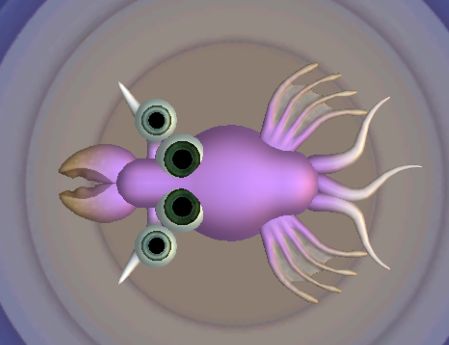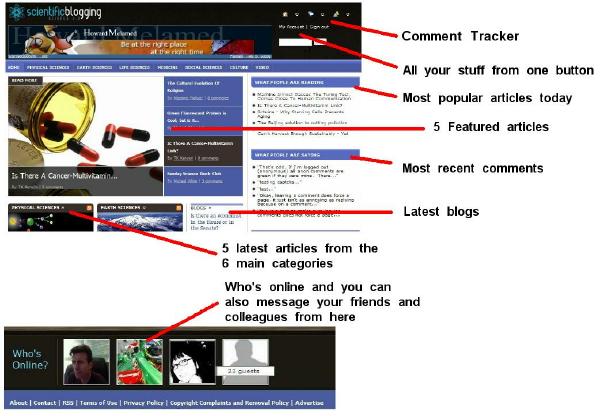There's no love lost between open access PLoS (Public Library of Science) and print journals. Nature doesn't think much of PLoS, for example, and PLoS says they created the company to make science less insular so it isn't any surprise that that a new PLoS essay by Neal Young, John Ioannidis and Omar Al-Ubaydli claims that the current system of publishing medical and scientific research provides "a distorted view of the reality of scientific data that are generated in the laboratory and clinic."
They apply shade-tree-mechanic economics principles to support their idea of the distortion. There is an "extreme imbalance," they say, between the abundance of supply (science laboratories and clinical investigations) and the limited venues for publication (journals with sufficiently high impact to be valuable to the authors - let's come back to that part later). Scientific information, they say, is an economic commodity and the 'consumers' are other scientists, patients, funding agencies, etc.
The result of the imbalance, they note accurately, is that only a small proportion of all research studies are chosen for publication in the best journals, and these results are unrepresentative of scientists' overall work.
 Marijuana For ADHD?
Marijuana For ADHD? Rutgers Study - Forcing DEI Programs On People Increases Hostility
Rutgers Study - Forcing DEI Programs On People Increases Hostility Minnesota Trial Lawyers Want To Ban Neonics - Here Is Why That Is A Mistake
Minnesota Trial Lawyers Want To Ban Neonics - Here Is Why That Is A Mistake The Toxic Masculinity Of Disney Movies
The Toxic Masculinity Of Disney Movies







